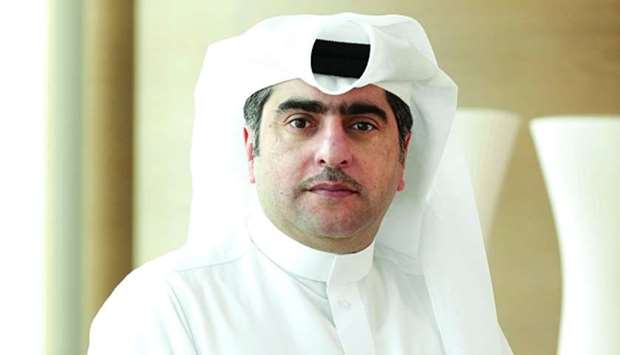New markets, different partnerships, and fresh opportunities have opened for the hospitality sector in Qatar following the economic blockade imposed by the Saudi-led bloc, Katara Hospitality CEO Hamad Abdulla al-Mulla has told Gulf Times.
“Our properties have adjusted to meet the new demand, demonstrating our ability to adapt to change,” the senior official explained.
He noted that occupancy over the summer season averaged “an impressive 95%” with most visitors being Qatari citizens and residents, as well as an influx of new visitors from Kuwait and Oman.
Hotels in the country changed their strategy and focused their efforts on the more than 33 countries that have visa access, in addition to increasing their media presence and direct sales efforts in Qatar, Kuwait and Oman, according to al-Mulla.
He cited the policy initiated by Qatar Tourism Authority (QTA) to expand e-visa service, describing the move as a good step to further attract foreign visitors to the country.
People also find it simpler now to visit Qatar with this policy of granting visa on arrivals to around 72 nationalities, the CEO added.
“This is a huge advantage for our business and to the Qatari economy in general. We are certain that QTA is consistently planning to increase tourism opportunities, and its contributions to the wider national economy,” he said. “Upon activation of this policy, our hotels have witnessed a surge in demand, and we expect this to grow in the coming months.”
Katara Hospitality works closely with QTA to increase the country’s attractiveness as a tourist destination through supporting citywide events and co-exhibiting in leading international exhibitions to support the destination.
Al-Mulla said Katara Hospitality properties have been performing well, recording the highest revenues in terms of food and beverage (F&B), recreation and spa facilities over the Eid al-Fitr holidays.
“It has also been an impressive start to the summer at our Banana Island Resort Doha by Anantara, with the property making 27% over its budget and boasting 96% occupancy during Eid, making it the most successful Eid holiday period since the resort's opening,” the CEO said.
As Qatar continues to be an attractive tourism destination, al-Mulla “strongly believes” that the country’s tourism industry in 2017 and beyond is full of opportunity.
As pioneers in the hospitality industry, he stressed that they have been constantly striving to appeal to a wide range of visitors.
Recent market trends, the CEO said, revealed an increase in more cost-conscious travellers, leading to a diversification of offering under the four and three-star hotel segment.
“Katara Hospitality follows a healthy diversification strategy, aiming to create a network of five and four-star business hotels as well as leisure resorts in Qatar,” he said.
Al-Mulla noted that the company also targets the luxury market, as well as the corporate and leisure segments, covering a wide area of tourist requirements, enhancing the cash flow projections to support the company's development, and ensuring a balance is met across assets of short and long-term profitability.
“Location is viewed as one of the most appealing factors in choice of hotels with many of Katara Hospitality’s properties in prime locations around the country with easy access to the sea,” he explained.
Katara Hospitality hotels experienced particularly strong interest for villas with private pools, which are available at Sealine Beach, Murwab Resort, Simaisma, Murwab Resort, and Banana Island Resort Doha by Anantara.
Al-Mulla also expressed confidence that the company is well positioned to achieve its goal of building 60 hotels by 2026.
“We will continue to focus on our expansion in some of the world’s leading international destinations while also further strengthening our footprint in Qatar,” he added.




